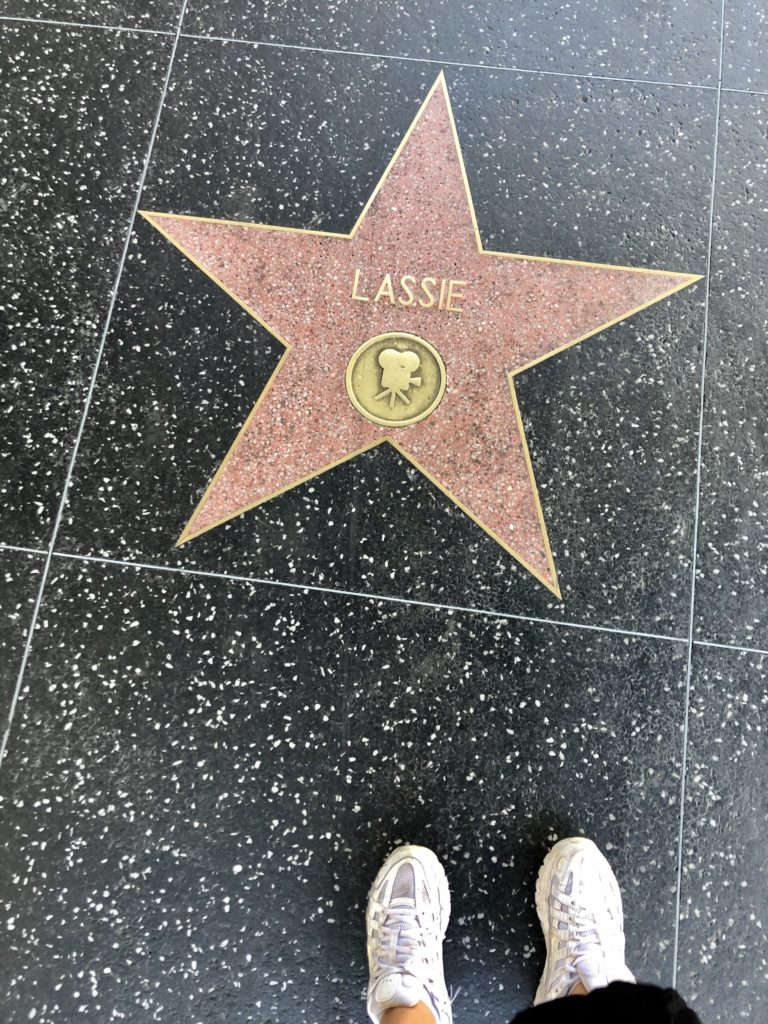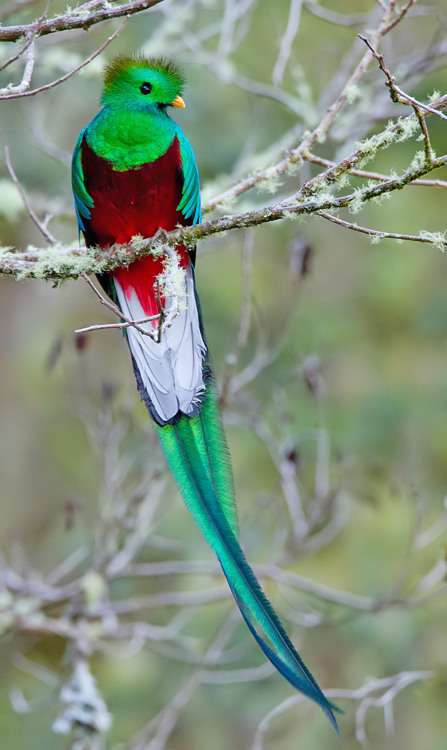Dear Paz,
Im back in Rotterdam after a very long and beautiful trip. I feel drained. I went to Santiago, Valparaíso, Punta de Tralca, San Diego, Los Angeles, Honolulu, Puerto Escondido and Ciudad de México. Of course after this experience I’m now extremely emotional so I decided to read some poetry. In Poemas de la Realidad Secreta, an anthology of the magnificent Jorge Teillier, I found some lines that reminded me of the problem that haunts us so much: the climate emergency, specifically that atrocious state of permanent drought that I experienced during my days in Chile. Well, this is an excerpt of a poem called La Tierra de la Noche (The Ground of the Night, I was really barsa and translated it to English):
It has not rained for a month.
Empty nests fall from the vine.
The cherry trees go out as old songs.
This month will be of the dead.
This month will be the spectrum
of the summer moon.
🙁
The first thing I wanted to tell you is the existence of something terrible I discovered in the United States: whilst logic indicates that autonomous technologies should promote the protection of the environment, some gringos in the name of “freedom” are developing machinery explicitly dedicated to pollute the most, it is a practice called “rolling coal” and consists in modifying a vehicle so it can emit the most amount of pollution possible in the form of a black smoke that comes out from some big tubes. When we were in San Diego with Felipe, he showed me a truck that was modified for this purpose, he explained to me what it was all about and I just couldn’t believe it. That night at the hotel we checked YouTube and there were so many videos of people doing this stupidity (Youtube of course does not considers that this content has to be moderated even if it is an illegal practice).
I have never been in southern California before and in regards to environmentalism, I left more disappointed than I expected. The gringos truly carry an unsustainable lifestyle, unsustainable for them and for the rest of the world. It was crazy to see so many cars everywhere, highways in the middle of the city with eight lanes each direction, so many golf courses. It was very difficult for me to imagine a scenario in which that mess could be fixed (and this considering that I’m talking about California, which is supposed to be more progressive than the rest of the US). That led me to think that much of the environmental advocacy and philanthropy that comes from the United States it’s nothing but a political game that changes nada. For example the case of Jeff Bezos, the owner of Amazon and the wealthiest person in the world whom this week announced a fund of more than ten thousand million dollars to finance activities against the climate emergency. However, his own employees expose the hypocrisy of this action, considering Amazon’s alliance with extractivist oil and gas companies, the funding of think-tanks that deny the climate emergency, the children who live near Amazon storage centers and who have lung problems because of the emissions of diesel that pollute their small towns, and of course, the institutional harassment against the employees of Amazon who try to denounce these practices.
Well, I tried to compensate this monumental ecological atrocity I witnessed, with beautiful things that also took place these days, such as Joaquin Phoenix speaking against speciesism when he was awarded an Oscar because of his performance in Joker. I really love that the word speciesism generates so much hate is social media, that makes me feel that it is clearly a topic that deserves a strong fight <3. I connected this with an academic essay I wrote a couple of years ago, it was about vegetarianism and disobedience and at some point I used a research that describes the derogatory representations of vegetarians and vegans in the press. For example, in a sample of 397 articles about the topic, 74,3% had a negative vision of the vegetarian practice, using narratives such as ridiculization, considering veganism as impossible to maintain, the characterization of vegans as hypersensitive and hostile people, among others.
So myself, as a classic hypersensitive, hostile, tree-hugger vegetarian, ended my trip in that same note: in Mexico doing an energetic limpieza using herbs obtained at the Mercado de Sonora. I was so lucky to be with my friend Liliana, beautiful hacker who possess this type of ancestral wisdom, and our ritual made me feel so good that now I have no doubt that in order to confront this planetary crisis we have to look towards these local technologies and not in the direction of the gringos and their monstrous way of thinking. The terrible history of imperialism confirms this notion. My friend Ventolin, remember him? He’s still a cutie, well, he took me one day to the amazing Museum of Anthropology and there I learned about how the Spanish colonization was central in the drying of the lake Texcoco which used to surround what is now Mexico City. The pre-colonization hydraulic engineering worked just fine, having Tenochtitlán in a situation similar to the one in Venice, however, the Spanish intervention in these infrastructures, facilitated the disappearance of the lake just some years after the Conquista. Consequently, my reflection was: which group should I trust? The ones with the ancient knowledges or those who intervene their trucks in order to contaminate on purpose?
Well, in any case im grateful of this travel that was full of multidimensional love. You know that one day we were swimming with Felipe in the middle of a storm at the island in which Jurassic Park was filmed. A preparation for the apocalypse? Also saw so many beautiful animals and felt so much interkingdom love: Hawaiian turtles, chilangas squirrels, seals from California and permanent legacies such as Lassie’s star in the walk of fame xd

Un beso,
Danae
Santiago, February 2020
Amiga D,
After many days of rest and repair, how nice it is to open my email and receive news from you! <3 Between antispecism and visits to Mesoamerica, we’re again in pure synchrony (feat. Javiera Mena).
For example, I read The Genius of Birds, a book by Jennifer Ackerman, which, in the end, is a continuous questioning of the idea that human species are the only form of intelligence on Earth. In a sense, it leads you to questions already made by people like Haraway, Despret, and others: when we interrogate other species, is it the measure of human what prevents our understanding of them? This idea always pops up in my mind when talking about Artificial Intelligence: what intelligence are we talking about? Who speaks behind that concept? What interests are they pursuing?
In the book, I learned about the existence of a bird called Cenzontle (which in Nahuatl means bird of 400 voices). It has the unique ability to imitate the songs of several other birds. Very militant of human supremacy, until now, I had never thought about the complexity of learning, memorizing, and reproducing another bird song. It is said to be similar to the ability of some humans to learn and reproduce exactly another language. But that is not the most impressive. I read that since the Cenzontle is a bird with quite colorless plumage, the indigenous myth of its origin is that when the gods created birds, the Cenzotle arrived late and colors had already been exhausted, so the divinities rewarded him with the capacity of sing 400 songs: UwU
When I read these things, I think: the technological-scientific language, between academic journals and technocracy, has completely lost its poetic potential, essential for the understanding of the world in its complexity and, consequently, to face the climate crisis. It is not about – as annoying people say almost interestedly – to deny neither the scientific method nor anything like that: it is about recovering some beauty and depth of philosophical language. We talked a little about it last month in Gatito Earth with the essay by Zadie Smith. Astra Taylor recently released an article very similar: the notion of the past, the present, and the future are records that the climate crisis condenses in a single time. That complexity is only achievable to understand if we rescue concepts and traditions which, unfairly, were listed as relics by the dominant culture.
I thought of this vividly in Teotihuacan. Walking through its ruins, remembering my reading of those days of the Quiché sacred book, the Popol Vuh, and recognizing in its geometries the intricate connection between environment, underworld and human beings, I thought of three things:
1. As Astra Taylor concluded, pleading for “technological solutions” to the climate crisis is exactly our path to destruction. The latest on technological solutionism? The World Economic Forum (WEF) lobby released a “study” in January 2020 on how 5G helps to reduce the carbon footprint. Something suspiciously similar to this Huawei publicity.
2. Honestly, there is no way we can get out of the climate crisis alive with Modern Man (I put it in masculine intentionally). This was clear to me when I saw our species climbing bustlingly through the sacred pyramids of other civilizations to take spiritual selfies doing yoga positions.
3. Civilizations go extinct. It happened before and will continue to happen, and there is no much drama if now is our turn. And hundreds and thousands of years will go by, and they may find our garbage – the best of our monuments – and rebuild what we were.
Hugs, d. Regarding the fascinating Mesoamerica, I leave you with the most beautiful thing on Earth after cats: quetzals.
p.
